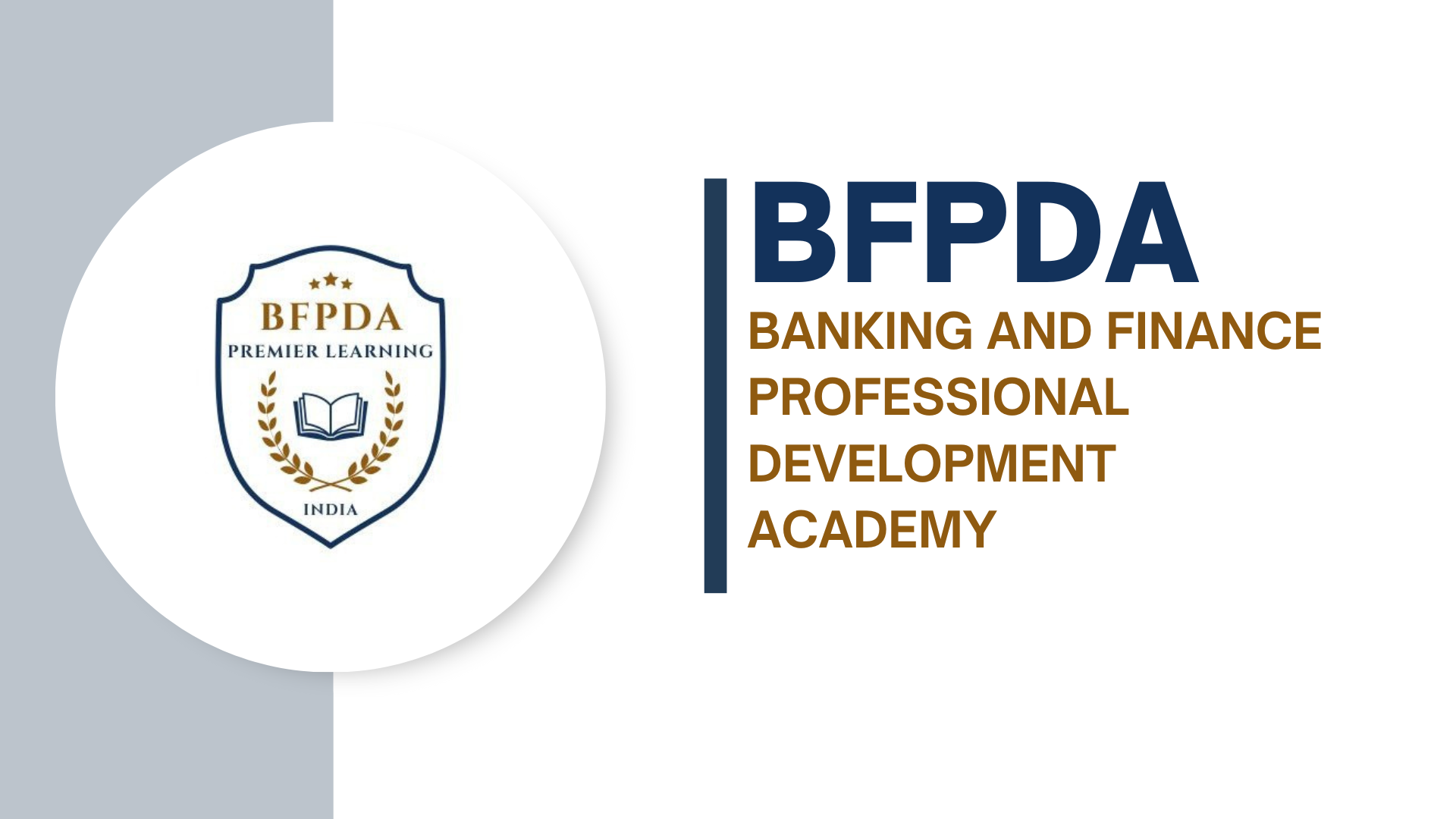Career Opportunities in Private Banking

Private banking is one of the most sought-after career paths in the financial services sector, offering professionals the opportunity to work with high-net-worth individuals (HNWIs) and ultra-high-net-worth individuals (UHNWIs). This exclusive field focuses on providing personalized financial services, wealth management solutions, and investment advice tailored to clients’ unique needs.
If you’re interested in building a dynamic career that combines financial expertise, relationship management, and a customer-centric approach, private banking could be your ideal choice.
What is Private Banking?
Private banking involves providing bespoke financial services to affluent clients. These services include:
- Wealth management.
- Investment advisory.
- Estate planning.
- Tax optimization.
- Credit and lending solutions.
Unlike retail banking, which caters to the general population, private banking emphasizes a tailored and relationship-driven approach, ensuring that clients receive highly customized financial strategies to manage and grow their wealth.
Why Consider a Career in Private Banking?
1. High-Earning Potential
Private banking roles offer attractive compensation packages, often including high base salaries, performance-based incentives, and additional perks such as profit-sharing and bonuses.
2. Prestige and Exclusivity
Professionals in private banking work closely with HNWIs, including business magnates, entrepreneurs, and celebrities, gaining exposure to influential networks.
3. Diverse Learning Opportunities
The dynamic nature of private banking means you’ll be involved in a variety of tasks, from investment strategy creation to estate planning, offering continuous learning and growth.
4. Global Career Path
Private banking roles are in high demand worldwide, especially in financial hubs like New York, London, Singapore, Zurich, and Hong Kong.
5. Relationship-Driven Role
If you enjoy building long-term client relationships and helping individuals achieve their financial goals, private banking offers a deeply rewarding career experience.
Key Career Opportunities in Private Banking
Private banking offers diverse roles that cater to different skill sets and expertise levels. Some of the key positions include:
1. Relationship Manager (RM)
Role: Acts as the main point of contact for clients, understanding their financial goals and offering personalized solutions.
Responsibilities:
Building and maintaining client relationships.
Cross-selling banking products.
Ensuring client satisfaction through excellent service.
Skills Needed: Strong interpersonal skills, financial knowledge, and sales expertise.
2. Wealth Manager
Role: Focuses on managing and growing clients’ wealth through diversified investment portfolios.
Responsibilities:
Designing investment strategies tailored to client risk appetites and goals.
Monitoring portfolio performance and adjusting strategies.
Advising on alternative investments like real estate or private equity.
Skills Needed: Analytical thinking, investment expertise, and market knowledge.
3. Investment Advisor
Role: Provides detailed investment advice and recommendations based on market trends and client preferences.
Responsibilities:
Monitoring financial markets and economic conditions.
Offering insights on stocks, bonds, mutual funds, and ETFs.
Advising on risk management and diversification.
Skills Needed: Financial analysis, market research, and decision-making skills.
4. Credit Specialist
Role: Specializes in providing credit and lending solutions to private banking clients.
Responsibilities:
Structuring loans and credit lines to meet client needs.
Ensuring compliance with banking regulations.
Assessing and mitigating credit risk.
Skills Needed: Knowledge of credit policies, risk assessment, and lending products.
5. Risk Manager
Role: Focuses on identifying and mitigating financial risks associated with client portfolios.
Responsibilities:
Analyzing potential risks in investments.
Developing risk management frameworks.
Ensuring adherence to regulatory standards.
Skills Needed: Attention to detail, compliance expertise, and problem-solving skills.
6. Estate and Trust Planner
Role: Helps clients plan their estates and ensure smooth succession planning.
Responsibilities:
Advising on tax-efficient estate structures.
Creating trusts to protect client assets.
Collaborating with legal professionals for seamless execution.
Skills Needed: Estate laws knowledge, tax planning, and attention to detail.
Emerging Trends in Private Banking Careers
1. Digital Transformation
With the rise of fintech and digital banking, private banking is increasingly adopting technology to enhance client experiences. Professionals with skills in data analytics, digital tools, and artificial intelligence are in high demand.
2. ESG Investments
Environmental, Social, and Governance (ESG) investments are gaining popularity among HNWIs. Private bankers with knowledge of sustainable investing are highly valued.
3. Globalization of Wealth Management
As wealth management becomes more globalized, private bankers with international exposure and cultural awareness are sought after by multinational banks.
4. Focus on Financial Planning
The shift from transactional services to comprehensive financial planning has created opportunities for advisors specializing in long-term strategies.
Skills Required for Success in Private Banking
- Financial Acumen: A thorough understanding of financial instruments, markets, and regulatory environments.
- Relationship Management: The ability to build trust and maintain long-term client relationships.
- Problem-Solving Skills: Offering innovative solutions to complex financial challenges.
- Attention to Detail: Precision in managing large sums and ensuring regulatory compliance.
- Ethical Conduct: Maintaining confidentiality and acting in the best interest of clients.
How to Enter Private Banking
1. Education
A degree in finance, economics, business administration, or related fields is typically required.
Advanced certifications like CFA (Chartered Financial Analyst), CFP (Certified Financial Planner), or a diploma in wealth management can give you an edge.
2. Gain Experience
Start in retail banking, investment advisory, or financial services to develop foundational skills.
Internships and entry-level roles in private banking divisions can help you break into the field.
3. Network Strategically
Attend industry seminars, join finance forums, and build relationships with professionals in the private banking sector.
4. Join Specialized Training Programs
Institutes like BFPDA (Banking and Finance Development Academy) offer industry-specific training to help graduates gain the skills and certifications needed to succeed in private banking.
Challenges in Private Banking
While private banking is a highly rewarding field, it does come with challenges, including:
- High Expectations: HNWIs demand impeccable service and customized solutions.
- Regulatory Complexity: Navigating stringent compliance requirements can be challenging.
- Dynamic Environment: Keeping up with market fluctuations and client demands requires adaptability.
However, these challenges also offer opportunities for professional growth and skill enhancement.
Conclusion
Private banking is a lucrative and fulfilling career choice for individuals with a passion for finance, client relationships, and strategic thinking. With the growing wealth of HNWIs and advancements in financial services, the demand for skilled private banking professionals is on the rise.
By developing the right skills, gaining relevant experience, and staying updated on industry trends, you can carve a successful career in private banking and enjoy a role that combines prestige, financial rewards, and personal satisfaction.
Embark on your journey today and unlock the door to endless opportunities in private banking!

